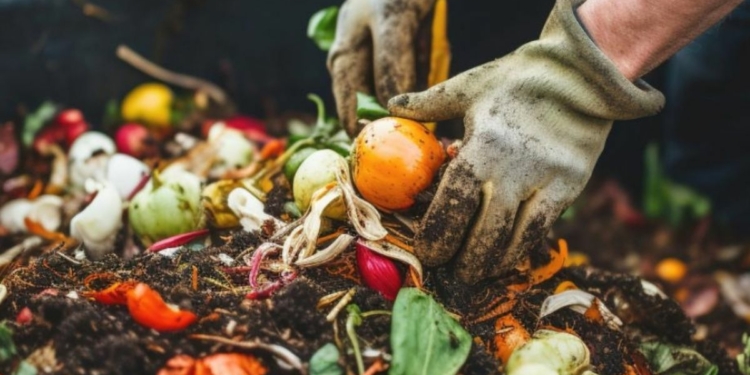- A UN report reveals households wasted over 1 billion meals daily in 2022 amid 783 million people facing hunger
- The UN Food Waste Index Report 2024 highlights pervasive food waste’s impacts on economy, climate change, biodiversity, and pollution
A staggering revelation from a UN report unveils that households worldwide squandered over 1 billion meals daily in 2022. This alarming statistic emerges amidst the backdrop of 783 million people grappling with hunger and a third of the global population facing food insecurity.
Titled the UN Food Waste Index Report 2024, the report was unveiled by the UN Environment Programme (UNEP) on Wednesday, ahead of the International Day of Zero Waste. It highlights the pervasive nature of food waste, which not only impacts the economy but also exacerbates climate change, biodiversity loss, and pollution.
Co-authored with WRAP, the report offers precise insights into food waste at retail and consumer levels. Moreover, it furnishes guidance for nations to enhance data collection and advocates best practices for transitioning from measurement to mitigation of food waste.
In 2022, an astonishing 1.05 billion tonnes of food waste were generated, translating to 132 kilograms per capita and nearly one-fifth of all food accessible to consumers. Significantly, 60% of this waste occurred at the household level, with food services and retail accounting for 28% and 12%, respectively.
Inger Andersen, UNEP’s Executive Director, lamented the global repercussions of food waste, labeling it a “tragedy” with far-reaching consequences for both development and the environment. She stressed the urgency for countries to prioritize addressing this issue to curtail climate impacts and economic losses while advancing towards global goals.
Despite improvements in data infrastructure since 2021, particularly with an increase in household-level data points globally, many low and middle-income nations still lack adequate systems to track progress in meeting Sustainable Development Goal 12.3, aimed at halving food waste by 2030.
Harriet Lamb, CEO of WRAP, emphasized the need for coordinated action across continents and supply chains to combat the colossal environmental and socioeconomic costs of food waste. Lamb underscored the importance of public-private partnerships in addressing this issue, urging support from philanthropic, business, and governmental sectors to ensure that food nourishes people, not landfills.










Discussion about this post